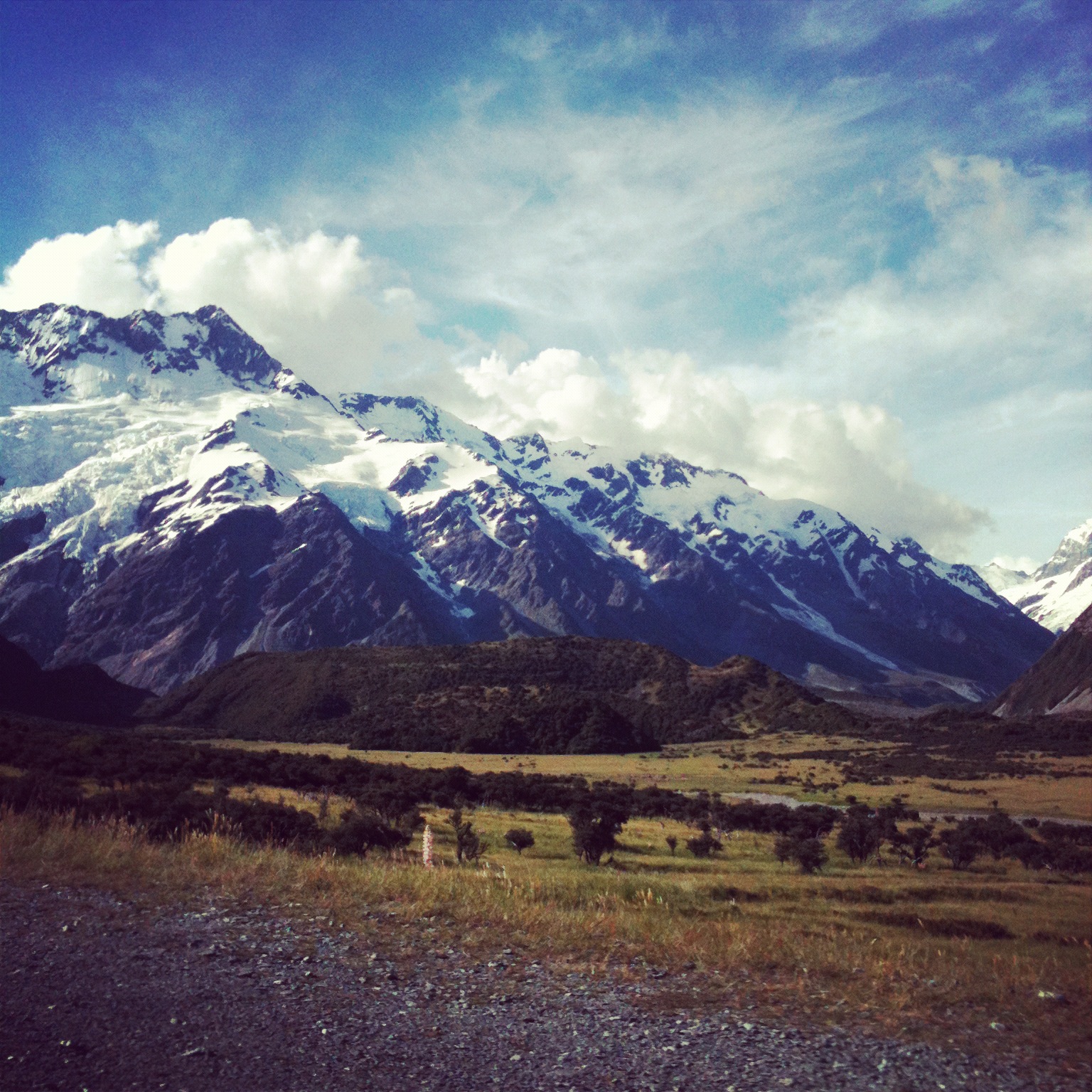
Imagine a parallel universe where the Australian and New Zealand Prime Ministers conclude their annual meeting by announcing that they’d get together the next time there was a large enough issue to require their mutual high level attention. That might hardly rate a mention in the Australian press. But in New Zealand, where the trans-Tasman relationship is sometimes approached with excessively high public expectations, the Prime Minister of the day might be accused of sacrificing the most important international meeting of the year!
After the weekend meeting between Julia Gillard and John Key in Queenstown, I think that controversy could be worth risking. First of all, we don’t currently have a serious regional crisis erupting where the two countries have to make concerted decisions about the possibility of intervening together. Indeed as the Timor Leste and Solomon Islands missions wind down, the reverse is occurring: New Zealand and Australia are both getting personnel out. When a new crisis in our rather large neighbourhood erupts, the two leaders should meet as a matter of urgency. But this would be a summit of mutual necessity not of ritual obligation.
Second, without that sense of urgency, what can be delivered from these now routine summits becomes hostage to the lowest common denominator of domestic political constraints. A case in point is the Australian government’s policy towards the more than half million New Zealanders who now live on the hotter side of the Tasman. It’s a matter of public outcry here that the full generosity of the Australian welfare system isn’t available to the many who have arrived there since 2001. But any rational New Zealander would know that it’s not in the political interests of any government in Canberra to make that concession, especially in an election year and with the federal budget struggling. Yet that does not stop Kiwis from harping on as if our expatriates had been shipped over to Australia against their will and were forced onto dry rations upon their arrival. In fact from a New Zealand government’s perspective, it may not make a lot of sense to demand equal treatment for Kiwis in Australia if that step would only increase the incentives for further migration. But that’s the sort of demand that Mr Key’s electorate expect him to make each time he sees his Australian counterpart. That sounds to me like a recipe for disappointment.
Third, summits still require deliverables, and in an unequal partnership (which is what the trans-Tasman relationship is in many ways) there’s a good chance one of the parties gives up rather more than the other. That at least is the perception here of John Key’s offer to include 150 asylum seekers from Australia’s controversial detention program in New Zealand’s annual refugee quota of 750 people. From the perspective of the trans-Tasman relationship, this could play well for Wellington in the short-term, helping Ms Gillard in a fix, just as Helen Clark’s government helped John Howard out by accepting some of the asylum seekers from the Tampa. But in playing up the remote possibility that New Zealand might one day find a similar boat load of people off its coastline, Mr Key also risks importing some of the Australian populist lunacy on the same subject, which has skewed the national security debate there in an unhealthy and silly way. By all means New Zealand should come to Australia’s help on important matters of security concern. But as a figment of political imagination, this isn’t one of them.
Nothing that came—or did not come—from the Queenstown meeting can change the fact that for New Zealand, the Australian relationship is number one. The reverse, as John Key himself has noted, doesn’t apply—Australia has much bigger fish to fry and doesn’t rely nearly as much on New Zealand. But what will keep the Australia–New Zealand partnership dynamic is not the frequency with which the two leaders have a meeting organised just for them. It’s whether this trans-Tasman summitry is a response to something important enough to demand urgent cooperation at the highest political level. So let’s save these meetings for when they really matter.
Robert Ayson is director of the Centre for Strategic Studies at Victoria University of Wellington.

